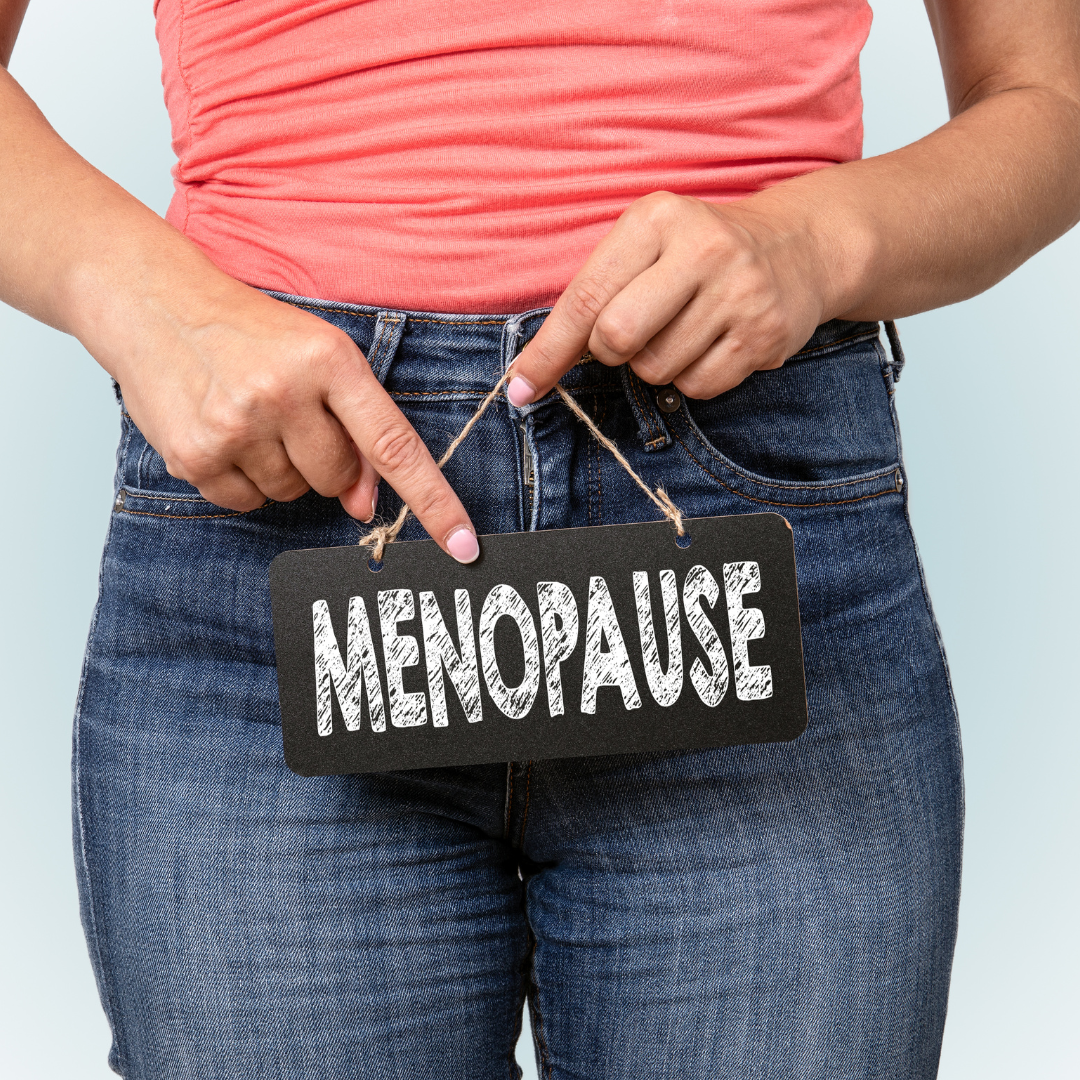Menopause, also known as the menopause, is a natural phase in a woman's life that marks the end of her reproductive years. This transition brings with it a number of physical, emotional and mental changes that can affect a woman's quality of life and well-being. Understanding these changes and how to manage them is crucial to navigating this phase of life with peace and confidence. The definition of menopause is 1 year without a menstrual period.
Perimenopause marks the period before a woman reaches menopause. This period can start as early as 35 years of age, but we see that the average age is 42 years. This can be a challenging time characterized by hormonal fluctuations and physical changes. Women may experience irregular menstrual cycles, hot flashes, night sweats and sleep problems. At the same time, hormonal changes can affect mood and lead to symptoms such as irritability and anxiety. Perimenopause can be a confusing phase as women are often unaware that they are in menopause.
Hormonal Shifts and Physical Changes: One of the most prominent characteristics of menopause is the hormonal changes that occur in the body. The production of estrogen and progesterone, hormones that play a central role in a woman's reproductive system, gradually decreases. This can lead to symptoms such as hot flashes, night sweats, vaginal dryness, and sleep disturbances. The body also undergoes changes such as loss of bone mass, increased risk of heart disease, and weight gain, which can affect a woman's overall health and well-being.
Sexuality and Intimacy: Menopause can also affect a woman's sexuality and intimacy. Hormonal changes can lead to decreased libido, vaginal dryness, and discomfort during intercourse. These physical symptoms, along with emotional changes such as anxiety or depression, can affect a woman's sense of sexual confidence and pleasure. It's important to be open with your partner and seek support from a healthcare professional to manage these challenges and maintain a healthy and satisfying sex life.
Mental and emotional changes: Menopause can also affect a woman's mental and emotional well-being. Some women experience symptoms such as mood swings, irritability, anxiety, and depression. These changes may be due in part to hormonal fluctuations, but stressful life events, family commitments, and other factors can also play a role. It is important to seek support from friends, family, or professionals to help you cope with these challenges and maintain good mental health.
Coping with Menopause: While menopause can be a challenging phase, it is also an opportunity for personal growth and self-discovery. It is important to take care of yourself by eating healthily, exercising regularly, and maintaining good sleep habits. Practicing relaxation techniques such as yoga or meditation can also help reduce stress and promote inner peace. In addition, hormone replacement therapy or alternative therapies such as acupuncture or herbal medicine can help relieve symptoms and improve quality of life.
Closing Thoughts: Menopause is a natural phase in a woman’s life that brings with it both challenges and opportunities. By understanding the physical, emotional, and mental changes that occur, women can take active steps to manage menopause in a positive and empowering way. By seeking support from healthcare professionals, friends, and family, women can navigate this phase of life with confidence and self-esteem, and continue to live healthy and meaningful lives.
Our Menopause Coaching package is tailored to meet your unique needs and challenges during menopause. As a certified Menopause Coach Specialist, I am here to support you through this journey and help you gain a better understanding of your hormones, your body's changes and how to manage symptoms in a positive way.
See the package here
I am so lucky to be asked to write an article about menopause for www.caluna.no
Read the article here









